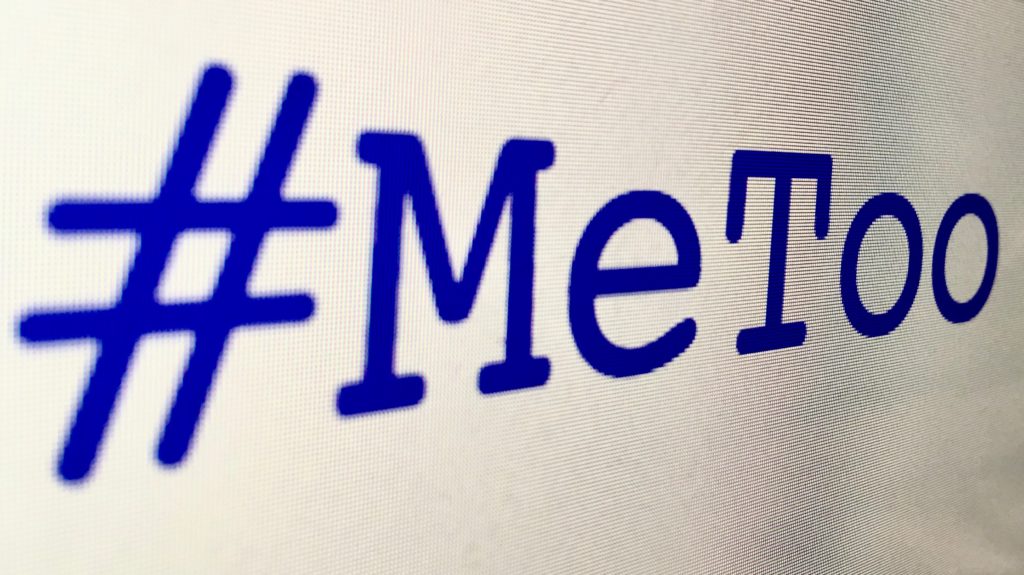A workplace sexual harassment case will be heading back under judicial review following this week’s decision by the Federal Court of Appeal to remit the issue of remedy.
It all started in May 2008, when a woman began working with a crude and vulgar male co-worker at the Canadian Border Services Agency (CBSA). Over the course of the next 14 months, the co-worker repeatedly harassed her, making sexually explicit and violent comments to her several times a day. The woman made a complaint to her superintendent in the fall of 2008, but when the co-worker told his supervisor that he would not make further comments, management considered the issue resolved.
The situation came to a head in August of 2009 when the co-worker sexually assaulted the woman at work under the guise of a “vulgar prank”. Although the co-worker was immediately suspended and then transferred, the victim suffered what amounted to a workplace injury, went on leave, and underwent a huge personality change from confident to anxious and fearful.
In 2010, the woman brought two grievances to the Public Sector Labour Relations Board against CBSA in what seemed like a fairly straightforward case. Arbitral jurisprudence indicates that upon establishment of pain and suffering, a complainant should be awarded damages. She established clear pain and suffering resulting from her workplace experiences. She should be entitled to damages, right?
Well, not according to the members of the Labour Board. Although the Board conceded that the employee’s actions were “reprehensible” and that the sexual assault was “undoubtedly humiliating in the moment”, they thought that she need not be compensated for her suffering because a “confident employee” like her could have taken steps to remedy the situation. They even went so far as to say that it was “unlikely, to say the least” that the sexual assault had caused such emotional trauma, and that her reaction was “grossly exaggerated”.
I wish I could be surprised at this. However, in the midst of the #MeToo movement my expectations have become downright cynical. I find it remarkable that while tribunals are supposed to wrestle with the evidence of each case, some decide to put on their mind-reading hats to solve the problem. Why put in the effort to analyze the evidence when you can assume the facts of the case based on the victim’s reaction?
Although the Supreme Court has made it clear in R v. D.D. 2000 SCC 43 that “there is no inviolable rule on how people who are the victims of trauma like a sexual assault will behave” (para 65), victims still suffer from prejudice about how they should react to trauma. In this case, the woman’s drastic personality change from confident to anxious was not looked at as evidence of a serious assault, but as proof that other life events must have helped cause such suffering. This was despite expert evidence showing that her workplace experience was the major cause of harm.
The Federal Court of Appeals clearly had a problem with this reasoning too, which brings us to the light at the end of the tunnel. The Court shredded the Board’s lazy analysis, calling their lack of reasons “problematic”. The Board’s interpretation of compensation for victims was found to be unreasonable, both because they unjustifiably interpreted section 53(2)(e) of the Canadian Human Rights Act to only apply when the impugned act is the sole source of suffering, and also because “human rights legislation is to be construed liberally and purposively so that protected rights are given full recognition and effect” (para 23).
The purpose of s. 53(2)(e) is to award non-pecuniary damages where appropriate to make victims whole again. Why would an employee even come forward with a complaint if they might be denied this vindication of their dignity? There needs to be some sort of consequence or remedy if individual rights are to be protected.
In the end, the Federal Court of Appeal decided to set aside the Board’s order to the extent that it denied the applicant compensation. The woman will have her remedy redetermined by someone else from the Federal Public Sector Labour Relations and Employment Board. My faith in humanity has been (temporarily) restored.
I am glad that in this case, the woman was able to appeal the Labour Board’s decision against damages. As the #MeToo movement keeps growing, I hope workers are encouraged to demand harassment-free workplaces. I also hope that as society’s perspective on sexual assault continues to evolve, more victims are able to get the remedies that they deserve.
This blog post was written by a CCLA-PBSC RightsWatch student. Opinions expressed do not necessarily reflect the views of the CCLA or PBSC.

